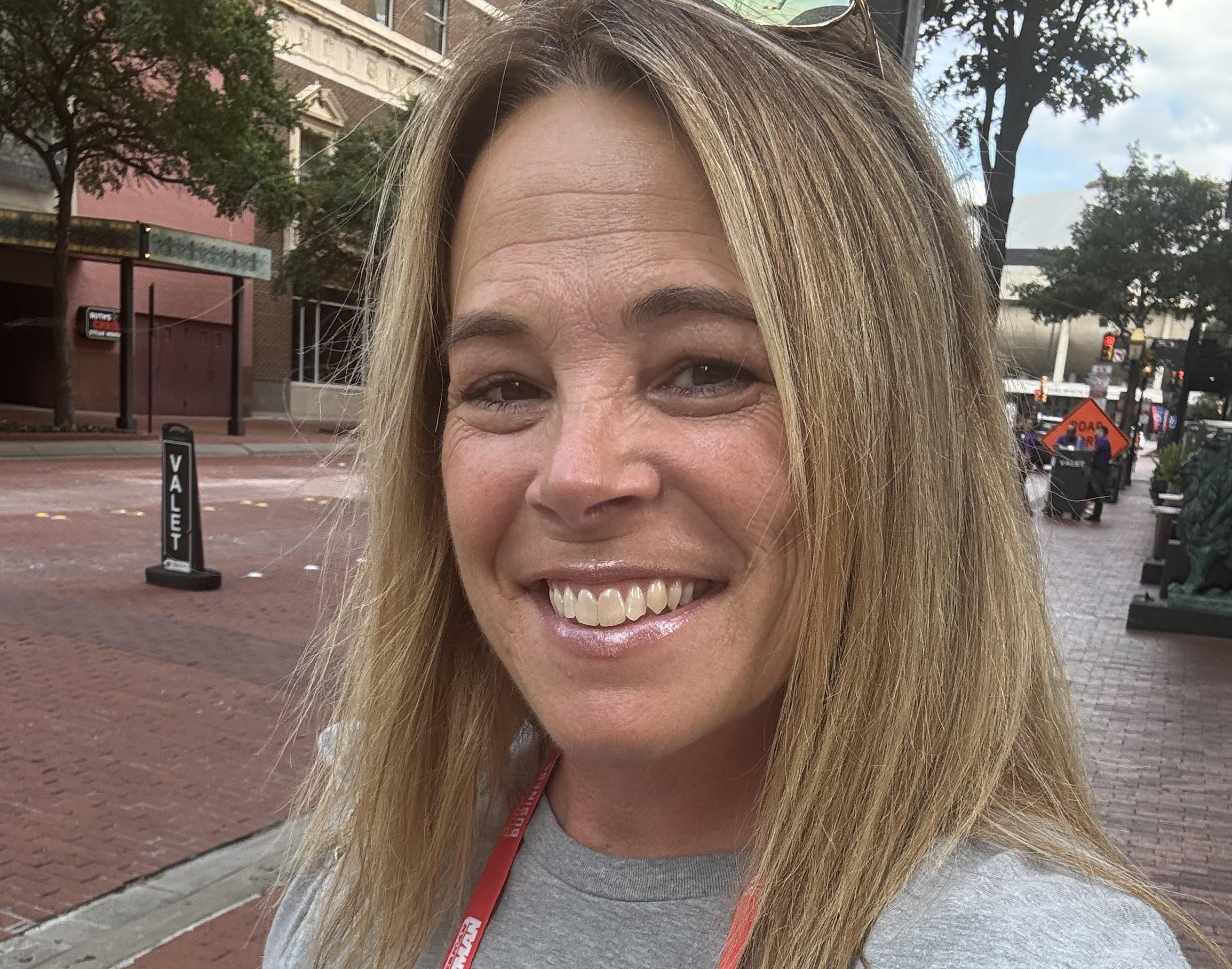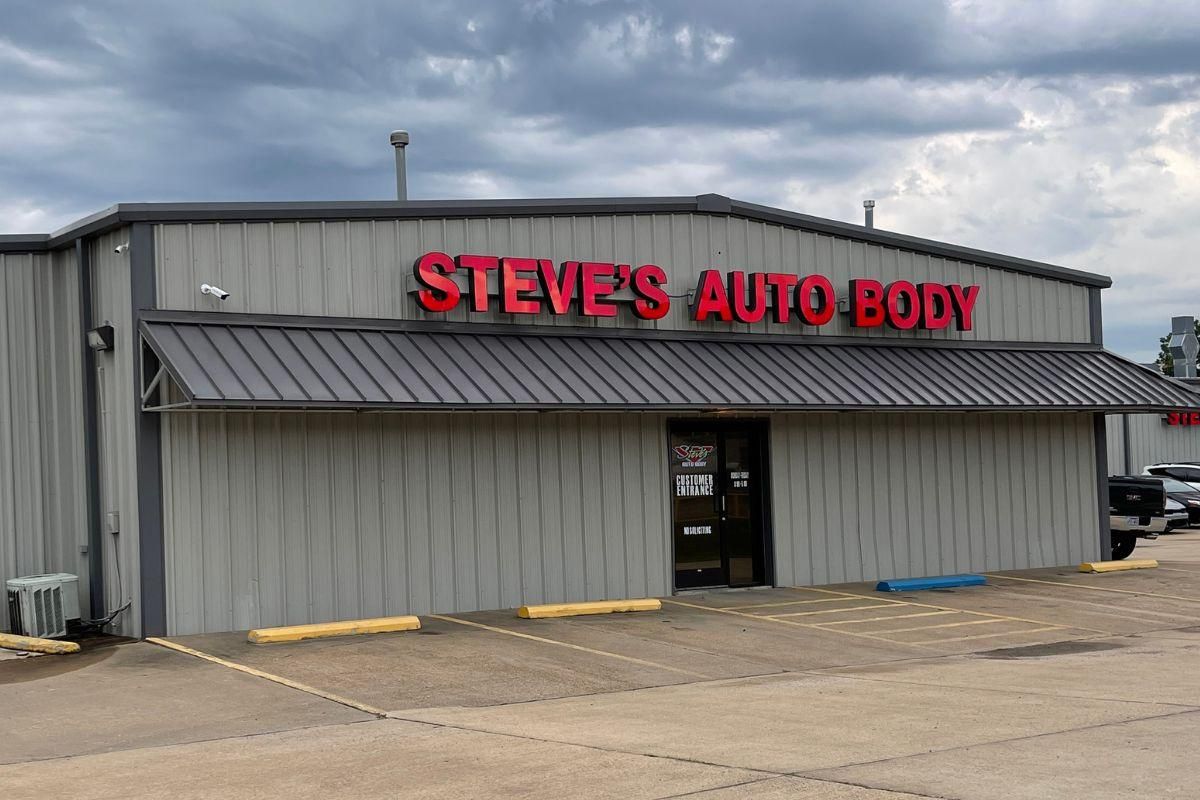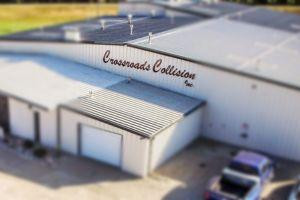Sometimes a “nice problem to have” is not quite true.
Two Steve Halls -- father and son -- and son and brother Shaun Hall sold their four-unit MSO, Steve’s Auto Body, in northeastern Arkansas to consolidator Joe Hudson's Collision Centers in September 2023.
The four collision shops were in Marion, Jonesboro, Paragould and Searcy. In a way, they ended up like eight shops, and, in an unhelpful way, like just one.
Steve Hall Sr. had the first one in Marion by 1999. The others came in five years, between 2010 and 2015. At its sale, the four sites -- regularly outgrowing original spaces; renovated; and adding land, buildings and shop space -- totaled some 120,000 square feet, 55 employees and north of $13 million in annual sales.
The brothers joined as growth began.
Opening and expanding multiple shops fast, usually doubling space, means four were like eight. Combining numbers across the four means you could see them as one operation.
Which became a problem.
Growing Steve's Auto Body
“We just didn’t know,” Steve Hall Jr. said.
The business was growing, new hires coming onboard, technology spawned new equipment, there were loans for land and building buys -- and money was coming in.
The MSO saw 15% gross sales growth annually for the five years from 2018 leading to the exit, Hall Jr. said.
“We were growing so rapidly and didn’t realize it had gotten out of control until we got ready to sell.”
There were four problems: grouping expenses for the shops -- “that was our first mess up,” Hall Jr said; a near-monopoly in the market -- “the only MSO … we had a great reputation;” inexperienced workforce -- “the talent we had, had never done anything that large;” and exponential expense growth -- “keeping up with ADAS … changing metals … I-CAR [training.]”
Grouping expenses is a big no-no, but the Halls are by no means unique in the industry here. And while a near-monopoly sounds like a nice problem to have, market dominance bred some carelessness. The busy business has to keep serving the customer; paperwork didn’t get done.
Expense growth is a given, and employment issues -- changes wrought by COVID like finding willing techs, then having them miss time for training on new systems -- also hit ops.
The shops had no full-time bookkeeper.
Boiled down: scant attention for financials. “We were just focused on getting things done.”
Hitting a Wall
“It was chaotic,” Hall Jr. said. “We’d created a beast.”
Much work was done in the family: dad on a construction project, Shaun running a store.
“Things got away from us a bit.”
 Laura Gay of Consolidation Coach.
Laura Gay of Consolidation Coach.
The MSO’s metrics were good, the family said, and made shops an acquisition target, with the usual nosing about by big buyers, including Joe Hudson’s, who’d been calling for about a year, and Caliber Holdings LLC.
Before they saw the problem, the family had decided to sell.
“My dad’s health started turning [and] COVID left a bad taste” on labor, Hall Jr. said. “Big MSOs were buying up shops; we felt it was a good time.”
Consultant Laura Gay of Florida-based Consolidation Coach stepped in.
“It’s hard to keep the books clean, if you’re running a fast-paced, high-production collision shop,” she said.
“To take it to market,” material has to be structured for the gimlet-eyed, green eyeshade guys. Gay called the process “forensic financial analysis.”
Slowing Down
The list of financial must-haves -- multiple income and cost-of-goods accounts, separate labor costing for each area, profitability by profit center, taxes -- make you want to say, “Are you sure?”
She’s sure.
Hall added to the list: “assets, sales information, land, leases, list of employees and their certifications.”
“This is something all shop owners should do,” Gay said.
Employment issues crop up, again, too.
“Estimator, parts person, whoever closes the ticket, the actual person doing the books, coding it all properly,” Gay said. “You need people who embrace it.”
She said ideally collision centers do this as they go; often they don’t. “There’s always lug nuts that don’t get tightened.”
Steve’s Auto Body created a whole new set of books for each shop, and filed amended tax returns as numbers clarified.
“There was a lot of unwinding to rewind,” Gay said.
Future Bright
“I didn’t want to sell to an MSO that wasn’t like us,” Steve Hall Jr. said. “Joe Hudson -- the quality, good reputation, they take care of their employees; they‘re not coming in to just completely change everything.”
Joe Hudson’s has more than 230 locations. This month it entered Ohio, its 17th state, and most recently bought shops in Georgia and Mississippi.
It had 194 shops in 15 states when it bought the Halls’ MSO, which was its entrance into Arkansas. JHCC CEO Brant Wilson said in a press release on the deal the consolidator would be “developing a successful Arkansas market with these new locations.”
Gay called buying a dominant mini-MSO “a platform opportunity for a consolidator.”
Joe Hudson’s website this month lists 12 Arkansas collision shops in its system.
The Halls have seen more health issues, and Hall Jr. said they can spend more time together.
And work slower, doing real estate development. The family kept the land the shops sit on, and lease it to the new owner. Hall Jr. called the lease “awesome.”
Five acres near one of the shops remain in the family; the Halls plan to develop a self-storage facility.
They work with the accountant who rebuilt the shops’ financials.
“She’s very black and white,” Hall Jr. said.














Paul Hughes